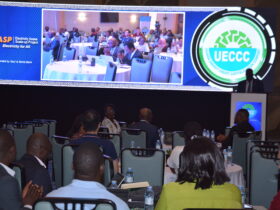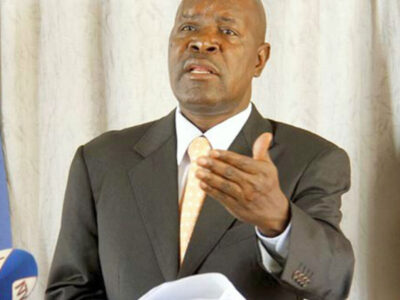The risk of COVID-19 infection from breastfeeding is negligible and has never been documented, the World Health Organization (WHO) has said in a call for greater support for the practice even as the world is facing the worst pandemic of all time.
Dr Laurence Grummer-Strawn, head of the World Health Organization’s Food and Nutrition Action in Health Systems unit said that the agency has not documented any indicator around the world to show that COVID-19 can be transmitted through breast milk.
“WHO has been very clear in its recommendations to say absolutely breastfeeding should continue,” Dr Grummer-Strawn said, adding that exclusive breastfeeding has many benefits for the infant and the mother which far outweigh any risk from the new coronavirus pandemic.
These advantages include the fact that breast milk – including milk which is expressed – provides lifesaving antibodies that protect babies against many childhood illnesses. This is only one of the reasons why new mothers should initiate skin-to-skin contact and room-in with their babies quickly as the risks of transmission of the COVID-19 virus from a COVID-positive mother to her baby seem to be extremely low.
A number of mothers who have given birth from isolation and quarantine centres across Uganda were equally allowed to breastfeed after their babies tested negative for coronavirus disease.
Having tested the breast milk of many mothers around the world in a variety of studies, the WHO official explained that although a few samples had contained the virus when they followed up to see whether the virus was actually viable and could be infective, they could not find any actual infective virus”.
WHO together with the UN Children’s Fund (UNICEF) and the International Baby Food Action Network (IBFAN) have united in their call to governments to protect and promote women’s access to skilled breastfeeding counselling for World Breastfeeding Week 2020 which runs from August 1-7, every year.
They recommend that babies be fed on nothing but breast milk for their first six months after which they should continue breastfeeding – as well as eating other nutritious and safe foods – until at least two years old.
“Breastfeeding provides benefits during the time of infantry and those that are most recognized are protection against diarrhoea, which is one of the top causes of mortality in low-income countries, protection against respiratory infections, against obesity – childhood obesity later on – as children get older and protection against leukaemia,” the agencies said. Breastfeeding also protects the mother against breast cancer, ovarian cancer, and Type 2 diabetes.
******
URN












